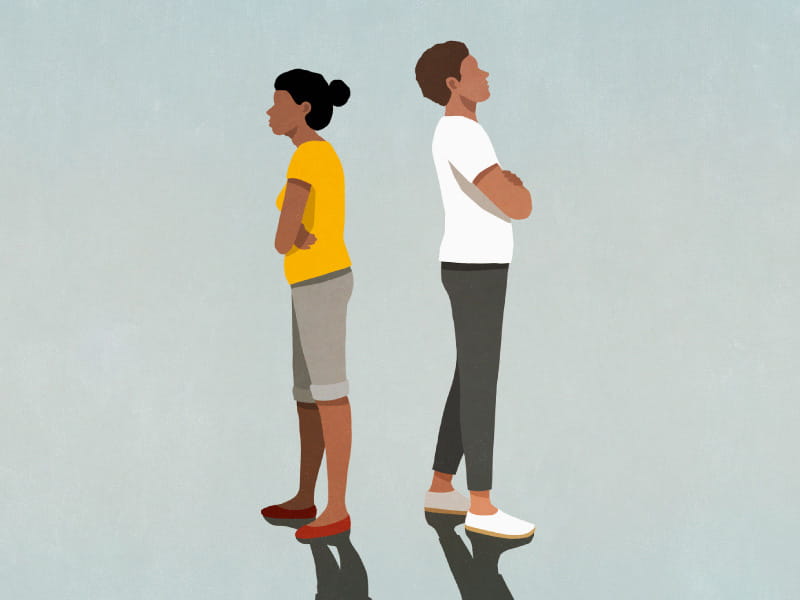Anger Does Not Favour Survival
"It's fascinating that anxiety and sadness did not have the same effect as anger, suggesting that the ways in which negative emotions contribute to heart disease differ."Daichi Shimbo, cardiologist, professor of medicine, Columbia University Irving Medical Center"We often hear of someone suffering a heart attack during a highly distressing event.""We've known that stress from anger can trigger a heart attack, but we didn't understand why until this study, which elucidates the underlying mechanism."Brian Choi, cardiologist, professor of medicine and radiology, George Washington University
 |
Some people have heart attacks during moments of anger smolaw/Shutterstock |
The study, published in the Journal of the American Heart Association, notes potential health risks associated with intense anger, illuminating the influence of negative emotions on health and longevity. Frequent angry outbursts have been linked to an increased risk of cardiovascular disease, and this study explains the body's mechanisms that lead to the problem.
The study evolved around 280 healthy adult subjects, randomly assigned eight-minute tasks, each of which was designed to elicit feelings of anger, anxiety, sadness or neutrality. Prior to and following these emotion-inducing trials, researchers assessed the endothelial health of each participant. Lining the interior of blood vessels, endothelial cells are essential for the maintenance of vessel integrity, vital for proper circulation and cardiovascular health.
Scrutiny and assessment of the results by the researchers, concluded that anger had a significant negative impact on endothelial function, limiting blood vessels' capacity to dilate. Neither anxiety nor sadness had as pronounced a deleterious effect as did anger. The research, remarked Daichi Shimbo, lead study author, represents a link in understanding how different negative emotions affect physical health.
Healthy individuals were chosen by the research team as study subjects in the understanding of the confounding effects of chronic illnesses like diabetes, which can have a compromising effect on vascular function. Should participants have had such conditions, affected blood vessels could already be a reality, raising the difficulty of determining the effect of emotions alone, on vascular health.
The results of the study leads Professor Choi to believe that health-care providers could be prompted to investigate therapy protocols such as anger management to determine if such therapies could serve to reduce risk of cardiovascular disease. Further study in the reasons anger affects the heart detrimentally, and considering whether the case is related to the sympathetic nervous response or inflammation, appeals to Professor Shimbo as meriting further study.
 |
| (Malte Mueller/fStop via Getty Images) |
"There is a heart condition known as takotsubo cardiomyopathy that is precipitated by a stressful event such as the loss of a home, job, or loved one. In this condition, there is a high level of stress hormones that is measurable. Perhaps different emotions have different effects on the cardiovascular system and it would be interesting to explore this further.""Physical and emotional health are linked, and we should change the way we think about health: health means a healthy body and mind. In addition to a healthy diet and exercise for the body, there are other lifestyle practices and exercises for the mind that we can incorporate into our daily lives such as yoga and meditation.""These are just a few practices that can help us to manage stressful situations or a spike in emotions that could negatively impact heart health."Dr. Nieca Goldberg, clinical associate professor of medicine, NYU Grossman School of Medicine
Labels: Anger Management, Health, Heart Attack/Stroke, Mind and Body, Research

0 Comments:
Post a Comment
<< Home